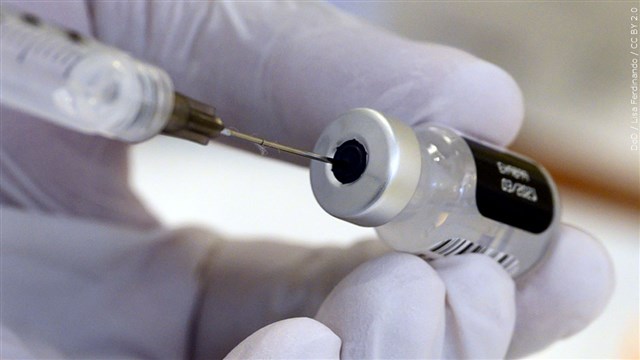Health officials watchful for upturn in measles cases

DECORAH — During the pandemic, some Iowans chose not to vaccinate themselves or their children, which has led to a gradual rise in some diseases that were long thought eliminated in the state and nation.
Brian Simmons, an infection preventionist with Gundersen Health System, says there have been isolated cases of measles in Iowa in recent years, but no outbreaks, at least not yet.
“Measles traditionally is a childhood disease that we can vaccinate for,” Simmons says. “Individuals develop a fever, kind of cold-like symptoms to start with, and then a few days after the fever has started, you will develop a rash throughout the body.”
Measles can be easily spread when a person who’s infected breathes, coughs or sneezes, and it can lead to severe complications, even death. Simmons says it’s not necessarily a concern, but people need to be aware.
“The thing with measles is, it’s very contagious,” Simmons says, “so, unvaccinated individuals that are in a group of people, about nine out of ten or 90% of those individuals would likely become infected.”
The MM-R vaccine covers measles, mumps and rubella. The vaccine is highly effective, Simmons says, but some people continue to campaign against having their children get the shots.
“We’d like to see us get to a national target about 95% vaccination rate, for those getting their first dose from the age of two or younger,” Simmons says. “We are under-vaccinated for MMR in our region and that can be a risk if we start having pockets of measles cases.”
Those vaccines are typically given around age two with a booster around age five or six. After that, Simmons says those who are vaccinated have a better than 99-percent chance of being immune.



